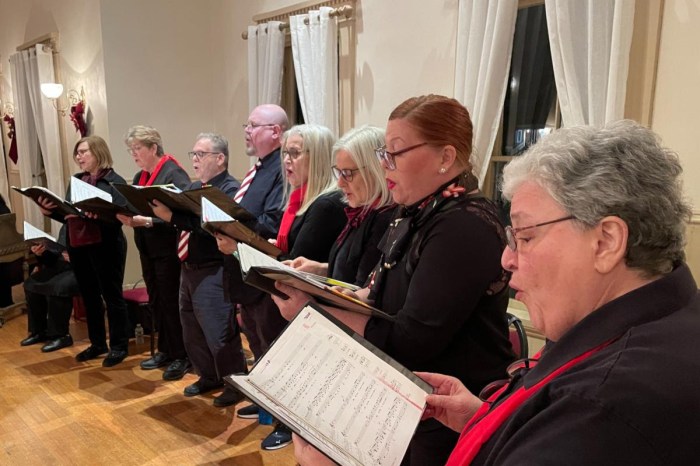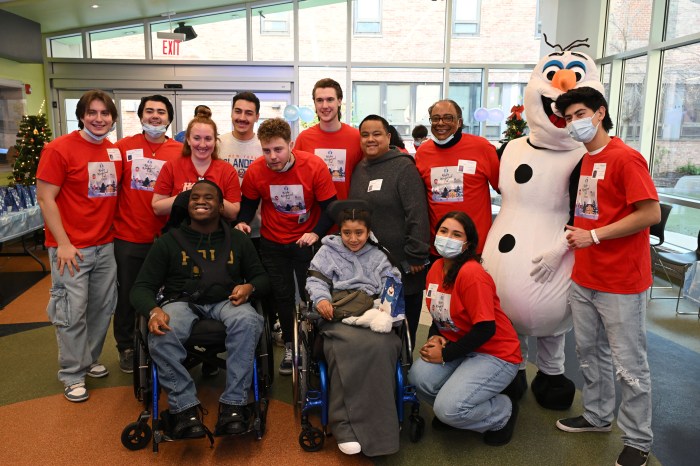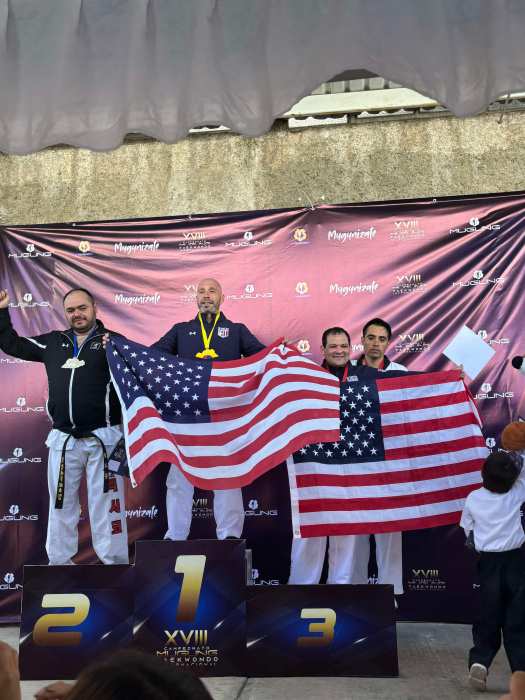By Henry Euler
Hundreds of people showed up on Dec. 16 to testify at a hearing of the City Planning Commission. It was held at the National Museum of the American Indian in downtown Manhattan, where the commission apparently felt that there would be enough space for all attendees. There wasn’t. What brought such a large crowd to this particular hearing? Mayor deBlasio’s two zoning proposals were being discussed by those in favor and those against. The proposals deal with affordable and senior housing and changing zoning to encourage further development.
I arrived for the hearing at 8:15 a.m. After standing outside for more than an hour, I finally got in to the auditorium where the 12 commissioners were hearing testimony. There was only one metal detector to screen hundreds of people to access the auditorium. What I didn’t know when I reached the auditorium was that multitudes of people were still outside and were told that they would not be able to enter to testify. The auditorium had reached its limit. Those people, needless to say, were very upset. Many had skipped work in order to attend and testify.
It’s too bad, because many important advocacy organizations and knowledgeable individual speakers were kept out of this crucial hearing. It was my feeling, and from what I heard at the hearing, the feeling of dozens of other people and advocacy groups that spoke, that the two proposals were set up in such a way that was extremely beneficial to developers and real estate interests. The proposals attack the contextual rezonings that people all over the city had fought for over the past several decades in order to protect the character of their communities.
No one denied the need for more affordable and senior housing, but not in the way that these proposals approached the issues. Taller and bulkier buildings in certain zoning districts and decreased or no parking requirements for senior housing in certain areas were seen by many as giant steps backward.
Before entering the auditorium, I registered to testify and was assigned No. 96 to speak. I sat there all day listening to everyone speak. Elected officials had unlimited time to testify. Other people had four minutes apiece. The commissioners often asked questions to speakers, which slowed down the hearing. I finally was called at 6 p.m. to state my opinion.
I understand that the people and groups who were shut out of the hearing requested City Planning Chairman Carl Weisbrod to schedule an additional hearing so that everyone could be heard. As far as I know, that request was denied. I think that is extremely unfair and I am sending a copy of this letter to all of my elected officials and also to Chair Weisbrod.
If you agree, please contact Chair Weisbrod (212-720-3300) and your local elected officials and request that a second hearing be scheduled soon so that all voices can be heard on these two proposals that will affect city life for generations.
Henry Euler
Bayside



































